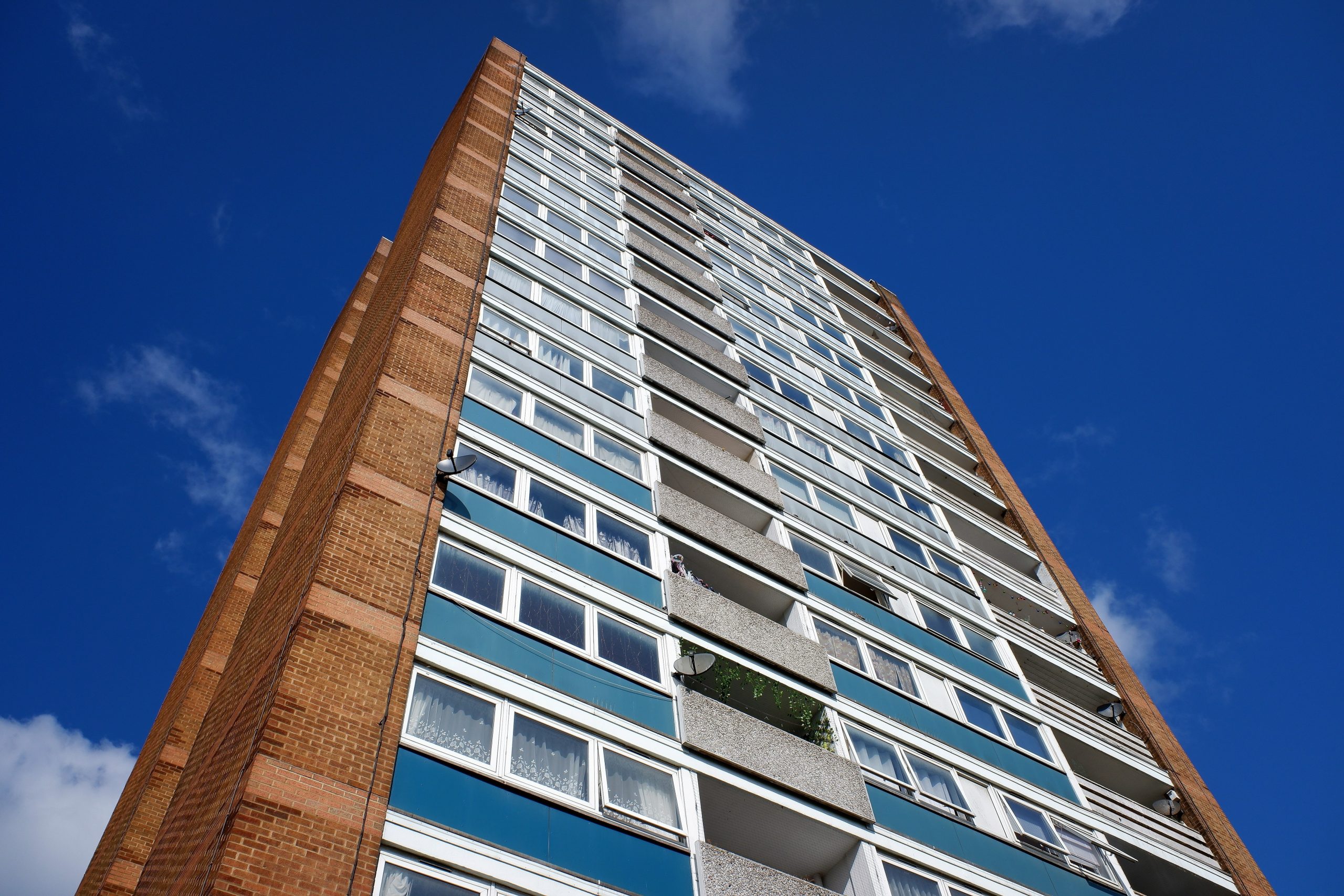RSH Statistics: Social Landlords Continue to Build

The Regulator of Social Housing (RSH) has published statistics about the social housing sector, including stock ownership and rents as of 31 March 2024.
Returns from all private and local authority registered providers show that the sector provides around 4.5 million homes across England, with a net increase of nearly 43,000 social homes since 2023.
This overall increase has been driven by approximately 24,800 more Affordable Rent homes and 17,300 more low cost home ownership homes. There was also a small increase of roughly 700 social rent homes.
Private registered providers had a net gain of around 5,200 social rent homes, although this was partially offset by a decrease of around 4,500 social rent homes for local authorities (likely to be driven by right to buy sales and other schemes).
Private registered providers built, purchased or acquired the majority of new homes in the sector, accounting for 85% of the total increase in Affordable Rent and 96% for low cost home ownership properties.
The majority of England’s social housing are general needs
The RSH statistics show that 82% of social homes in England are general needs (social rent and Affordable Rent), while supported housing makes up 11% and Low Cost Home Ownership 6%.
Private registered providers also reported that 71% of homes had an energy efficiency certificate rating of EPC-C or above, and a further 22% had a rating of EPC-D.
Just over 511,000 homes were surveyed by landlords during the year. Over the year, these surveys and other provider activity identified nearly 42,000 homes which did not meet the Decent Homes Standard; 37,500 properties were remediated to bring them up to the DHS and 1,800 were sold or demolished.
A further 5,200 buildings were excluded from having to meet DHS requirements due to circumstances which prevent or limit remediation works.
As expected, rents increased over the year. The average increase in general needs (social rent) average weekly net rents was 7.2% between 31 March 2023 and 31 March 2024 (in line with the limit set for 2023/24).
The average weekly general needs rent in England was £105.22, though this varied across the country. Average rents were lowest in the North East (£88.11) and highest in London (£129.83). Rents for local authorities are lower on average than for housing associations.
Will Perry, Director of Strategy at RSH, said: “It is reassuring to see the sector continuing to build and acquire much-needed new social homes across the country, despite a challenging economic environment.
“This data provides a rich source of insight into the sector as a whole, helping us understand the challenges facing both landlords and tenants.
“Landlords should ensure they hold accurate, up-to-date data to inform strategic decisions, especially around rents and the condition of homes.”

